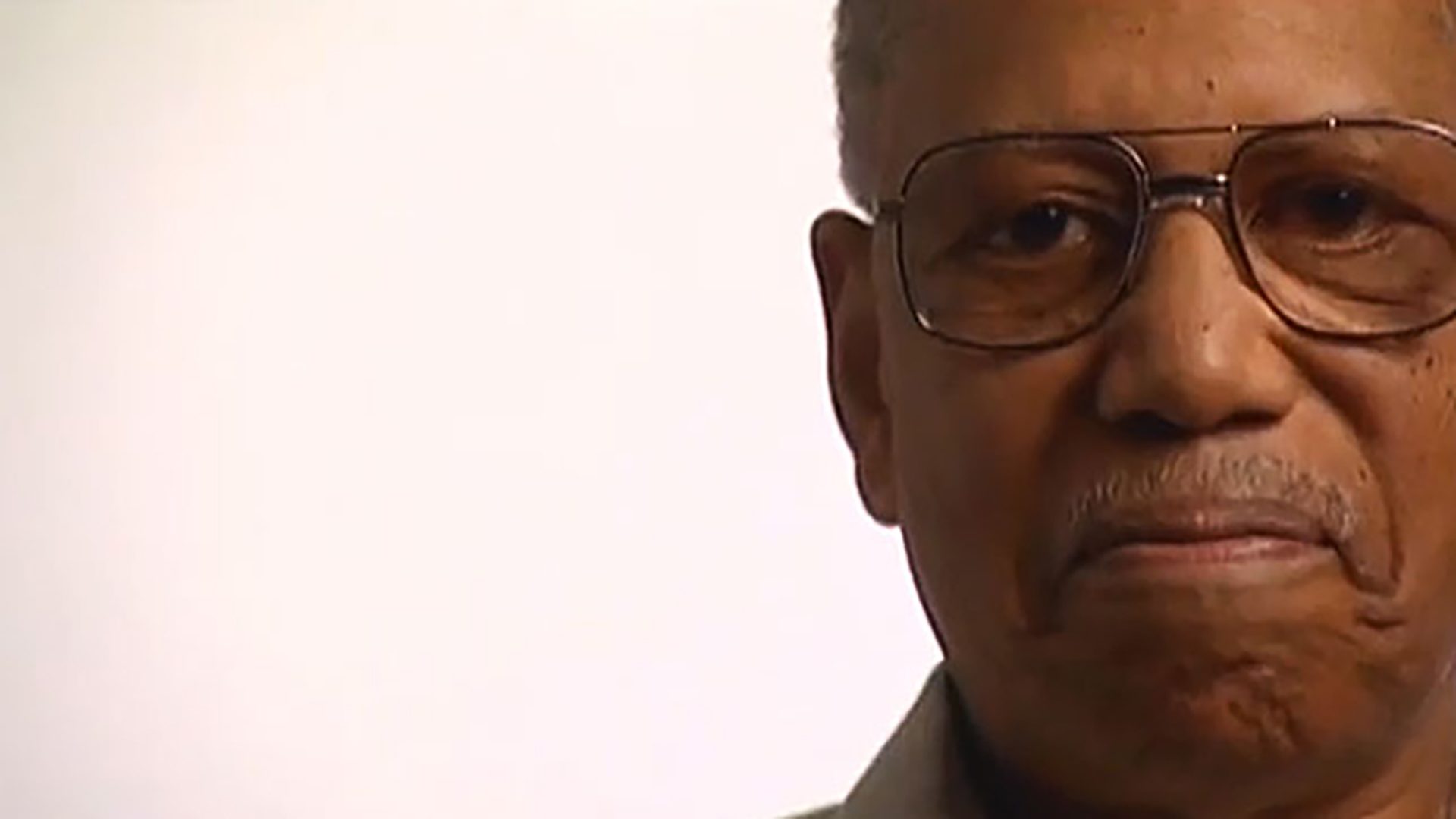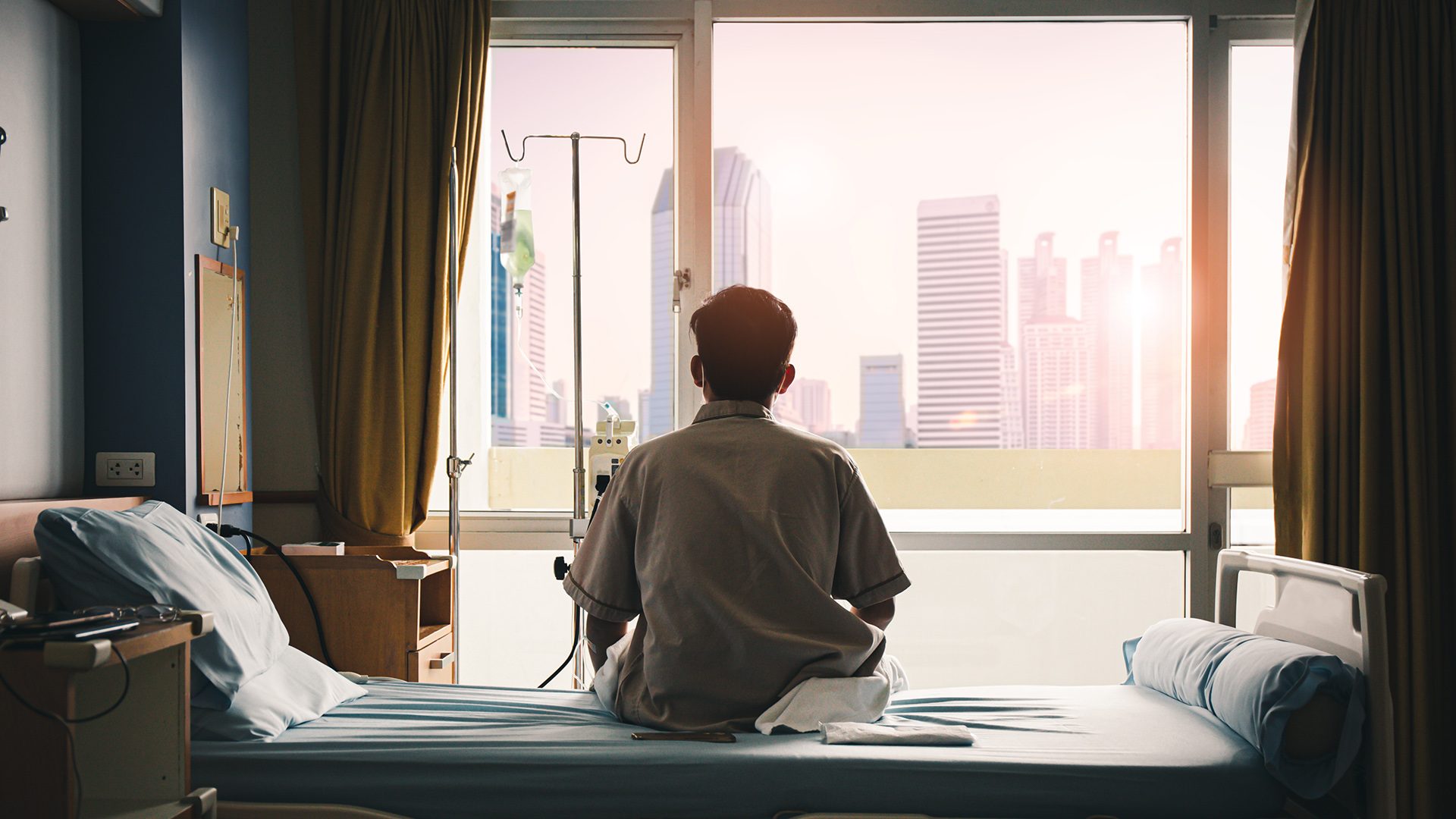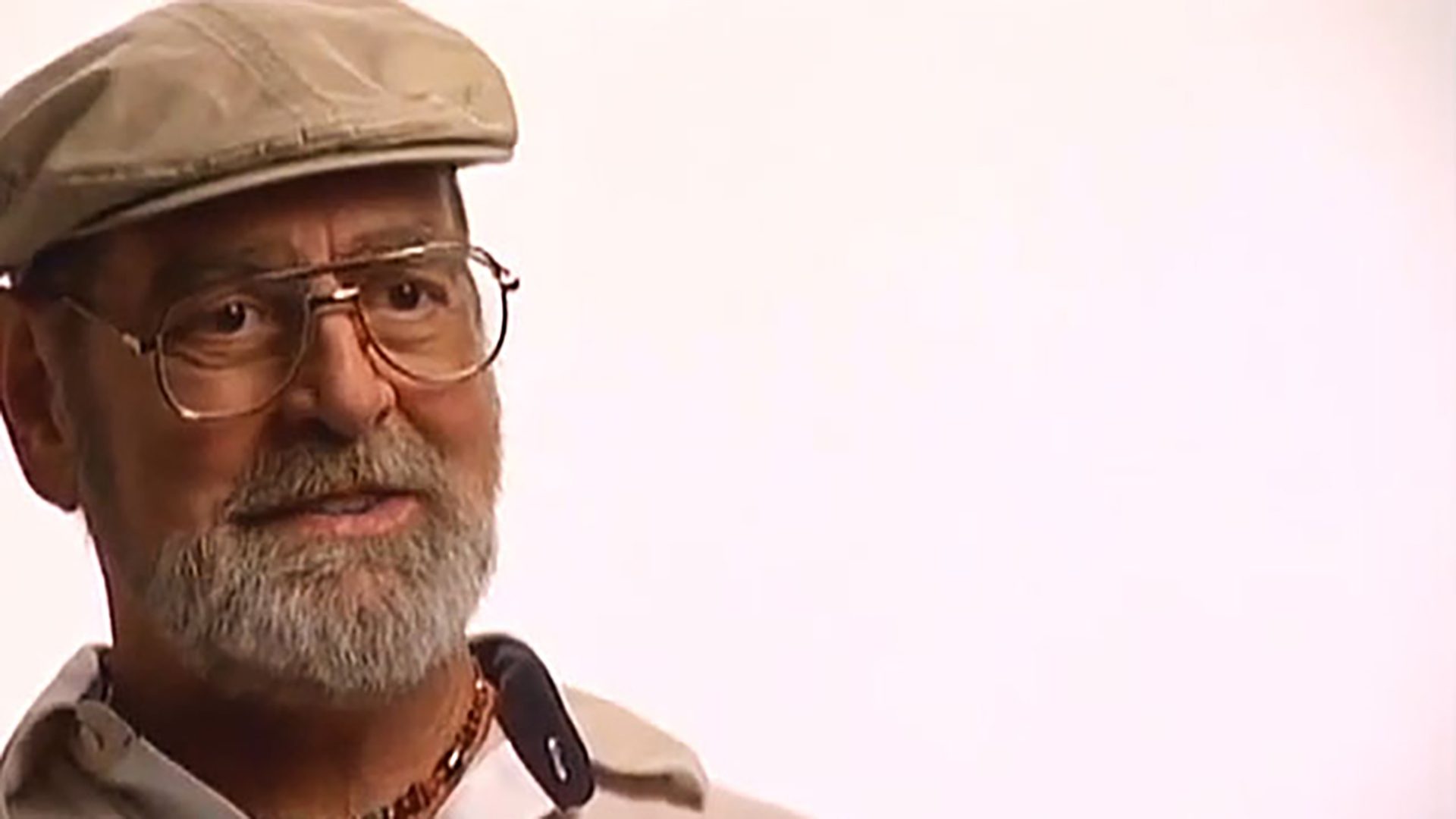Survivor Interview – Harold B.
Harold is a prostate cancer survivor. He talks about fatigue, sexual dysfunction, incontinence, mental health, and support groups.

I became a cancer survivor in December 1997.
After the treatment, I was considered to be, quote, “cured.” And unfortunately, a year later, my PSA went out of sight. It was rising pretty fast. And I went in and got a bone scan, and it was positive, so it had metastasized to several areas in my skeletal structure. So that’s where I am now. I started on a double hormone treatment for advanced prostate cancer, which is when you fail the first treatment. There’s no cure once it becomes advanced.
At the time of the surgery, you’re faced with impotence and that lasts for a while. How fast you recover after the surgery depends on your capabilities before the surgery, assuming that you go through the nerve-saving techniques, which I did. The other physical part is incontinence, because they normally damage the sphincter muscle, and then there’s another nerve that controls urinary function that’s sometimes damaged. After nine months, I had stopped wearing pads and so forth. But then when it came back, everything turned around. With the hormone treatment, you lose your libido, so you lose your desire. My incontinence came back and I haven’t been able to contain that since. I understand that you can, but I haven’t been able to do so.
I don’t get embarrassed talking about impotence. It is generally more embarrassing to the people to whom I’m talking. I have recommended that the men bring their wives, so that they can hear and then they can watch and help. My family doctor has suggested that I could use Viagra and those other medications, but I don’t know. I don’t like to take a lot of medicine, so anything that I don’t have to take, I don’t take.
For the incontinence, I just keep plenty pads on hand. And it’s not bad now. Citrus juices and then urine itself will cause you a problem if it becomes concentrated, so I have to make sure that I drink plenty of water and keep my kidneys emptied, and I have to go easy on the fruit. I drink now about 15 glasses of water a day, so I have to make sure that I know where the bathrooms are everywhere I go. I know all the places where there are convenient bathrooms, so you don’t have to wait in line, cross your legs and your fingers and stuff. But those are just some of the things you have to deal with.
The other side effects of the hormones — there’s a page. I can’t tell you which ones are associated with which hormone, but one of the side effects is fatigue, which comes from being anemic. I have to watch my driving, because one time I was sitting at a stoplight and I went to sleep waiting on the light to change. I have to watch that very carefully. Because the old body just shuts down, and you go to sleep. But you just have to learn yourself, and once you learn it, then just deal with it and keep going.
Another side effect is either constipation or diarrhea. Another is hot flashes, just like ladies with menopause. I just sweat and get over it. You can take medicine for it, but I don’t like taking extra medicine. But some of my counterparts, who have much, much fairer skin than I, have a real problem, because you become flushed.
Other problems you run into — you lose your sharpness mentally. I’ll be talking, and you’ll probably see me now stop and start looking around, searching for the word, but it just goes. You lose muscle mass. You have breast enlargement so, you know, I just make sure I wear a t-shirt. You lose your body hair, except your pubic hair. My mustache thinned out pretty good. You can suffer from osteoporosis from slow leaching of calcium, so I take those big horse pills of calcium.
I was walking one morning and I had a pain right in the joints in the crotch area. My doctor couldn’t figure it out, and so he sent me to physical therapy. About the fourth week I became concerned, because I’m running out of physical therapy time and this is not gone.
My brother-in-law works for a funeral home, and they have a rack full of pamphlets. And one of them was on depression. I read that one of the symptoms was pain that has no origin that don’t go away, or that goes away and comes, but has no explanation. Now I have found that one of the other side effects of the hormone treatment is depression, and you don’t know when you’re depressed if you’re the one that’s depressed.
I am involved in a support group, Us Too. We meet once a month and share our experiences. And the wives come, and we discuss a lot of intimate problems and stuff, just be open about it. That’s a great help, and I recommend that to others.
Men normally don’t discuss their illnesses, because, you know, we’re macho. And that was a problem for me at first, whether to talk about it, who to tell. It’s not just African American men; most men don’t want to talk about it. But African American men are gonna have to talk about it, because in our case, more of us are dying from it than anybody else.
One of the things that happened to me, which I wasn’t prepared for, cancer is considered synonymous with death, and folks run from it. I found as I spoke to people about it, even people who were close to me, and we are like a foot apart, they would always step back. And that was hard to take initially. But that’s one of the problems, and that adds to the depression and anxiety and stress, and that’s why people don’t talk about it.
My approach to stress is, you just have to make yourself happy. Things that arise, arise. I do what I can to take care of them, and after that, I deal with what’s left over. I was in the military for 20 years, and that’s how I approached problems in the military. Now, this is another situation where I’ve done all I can do, and the only thing I can do now is make myself happy. Doing that, of course, keeps your body in tune. You don’t get the severe depression. And I keep busy doing the things that I like to do. The other thing that helps and that I do is I try to talk about it and tell others, such that it doesn’t get bound up inside.
There is hope, and as long as there is hope, then life is worth it. And so you have to make yourself a positive influence, not only with respect to the disease, but a positive influence with respect to the life you live.
The first way to deal with stress is to become even with yourself with respect to your spirituality; that is, who you are and how you relate to all these other things. Because there is a world out there, regardless to whether you have cancer or not, and that world moves, and it turns, and the trees bloom, and the animals come and go, and you find yourself in this whole thing, and you are part of it. What do you believe with respect to all of these things that are round you? Once you get that set, then the rest is easy. The stress level goes down.
There are things that you can’t do anything about. Once you get past that and you realize that you’re a part of this whole thing; that sets you up to accept yourself for who you are, what you are, and what you can do to make other folks and other things happy. After that, you know, it gets easy.
My name is Harold Bowling, I’m 70 years old, and I’m a six-year prostate cancer survivor.

